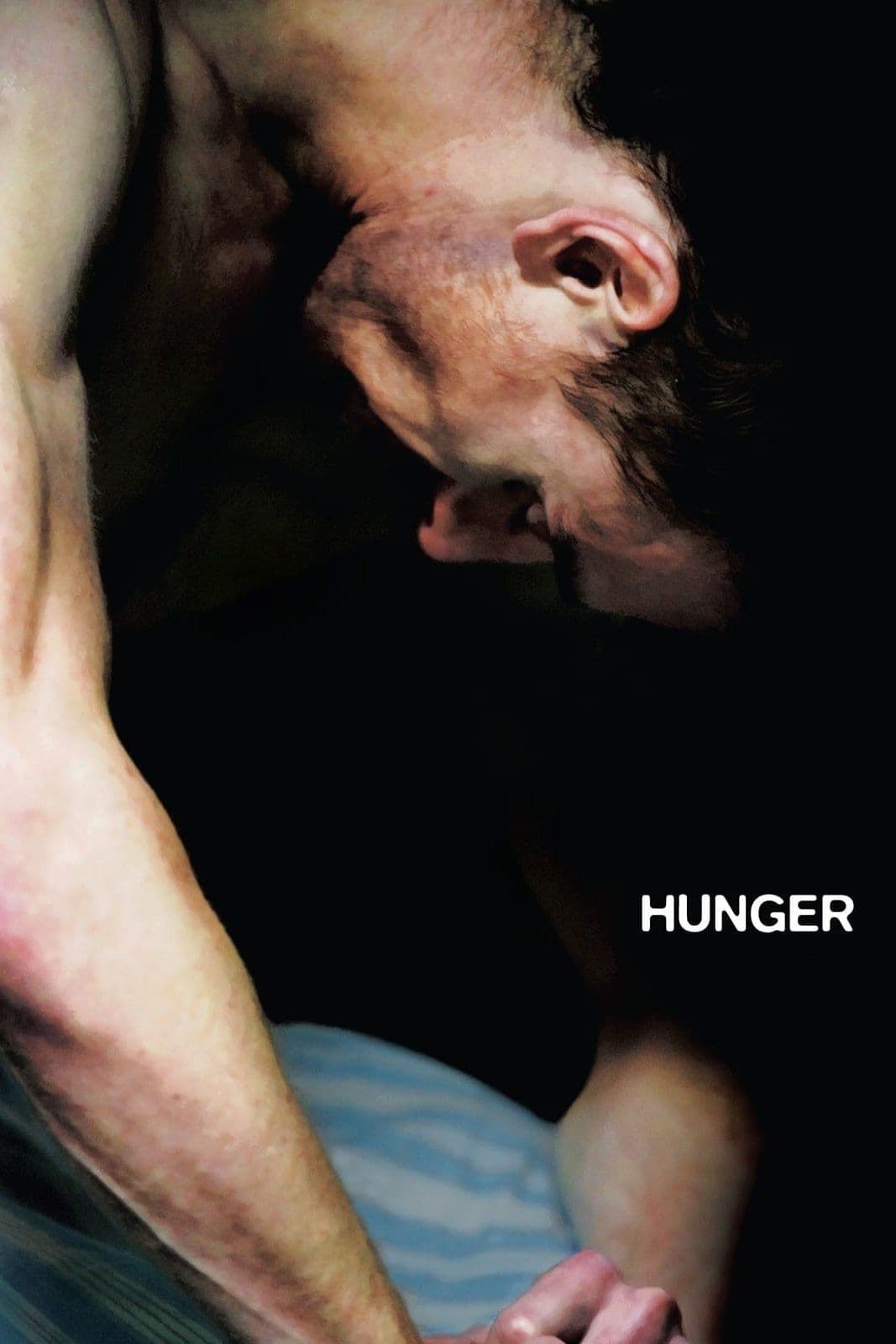
Hunger
2008
Rate this movie
Average: 0.00 / 5
(0 votes)
Director
A stark and incisive film, like a dagger thrust in the dark. It is not just a film to be watched, but one that is felt on the skin, that is smelled in the heavy air of despair and filth. The aridity of the mise-en-scène, almost brutalist, reflects the carceral environment, but also the uncompromising purity of resistance. It is a work that rejects all self-indulgence, all embellishment, offering an almost tactile cinematic experience, an open wound that pulses without anesthesia.
Gritty, acrid, libertarian, and free from all rhetorical flourishes. A rawness that is not an end in itself, but functional to a disarming realism, capable of penetrating the viewer's soul without mediation.
A work of spontaneous dramatic tension arising from the horrific ordeal of Bobby Sands, an Irish IRA activist, imprisoned in the notoriously infamous H-Block by the British. This tension is not constructed with narrative contrivances, but stems directly from the bare and stark reality of the events, from the whitewashed walls of Long Kesh, from the systematic dehumanization perpetrated by the British prison system.
It is 1981, and British Prime Minister Margaret Thatcher has just repealed the law that considered Northern Irish detainees held for political crimes as political prisoners. The year 1981 is not a mere chronological fact, but the symbol of an era of iron and fire, in which the 'Iron Lady' Margaret Thatcher chose an uncompromising political stance that would profoundly mark the history of the Northern Irish conflict. Her decision to revoke the political prisoner status of republican and loyalist detainees, reducing them to common criminals, was the spark that ignited the fuse of the most extreme protests: the 'dirty protest' and, subsequently, the hunger strike. McQueen immerses us in this reality without compromise, making us perceive the claustrophobia and physical revulsion of those forced to live among their own excrement, a symbol of dignity denied but stubbornly reclaimed.
Bobby Sands' life, amidst brutal privations and the denial of every basic human right, amidst harassment and all kinds of torture, unfolds as if crystallized in a bubble where space and time are negated. McQueen's camera lingers on emaciated bodies, on calloused hands, on faces etched by suffering, transforming the physicality of imprisonment into a stage for the battle of the soul. The "bubble" in which Sands is confined is a universe of extreme deprivations, where the psychological violence of the guards, the cold, the hunger, the lack of hygiene are the instruments of systematic annihilation. Yet, precisely in this negation of the physical self, a spiritual resistance emerges that transcends the pure political act.
His purity in the struggle to free himself from a prison that is first mental, then physical. It is not just the struggle for a status, but the quintessence of the individual's fight against the oppression of a system, a universal theme that echoes in works such as those of Robert Bresson, where material deprivation becomes a path to spiritual transcendence, or in certain existentialist dramas that explore the ultimate freedom of the human being in the face of the absurd.
Bobby Sands is the martyr portrayed with clinical detachment, without succumbing to Hollywood triumphalism or easy blockbuster rhetoric. McQueen, drawing on his background as a visual artist and performer, does not seek conventional heroism. On the contrary, he offers an almost clinical representation of martyrdom, stripping it of any mystical aura to root it in the rawest material: the consuming body. There is no glorification, but a meticulous exploration of pain and will. In this sense, 'Hunger' aligns with a cinematic tradition that shuns melodrama to embrace ruthless observation, as in the cinema of Michael Haneke or, in some ways, in the leaner works of Rainer Werner Fassbinder, who fearlessly scrutinized society's scars. The now-iconic scene of the seventeen-minute-long dialogue between Sands and the priest, Father Dominic Moran (a masterful Liam Cunningham), is the most evident proof. A relentless long take, which transforms the dialectical back-and-forth into an intellectual and moral duel, where every word weighs like a boulder and the camera does not yield an inch, forcing us into a direct confrontation with Sands' lucid determination.
Michael Fassbender's powerful performance must be highlighted, an actor never over-the-top, never a hint of undue emphasis, but harmoniously integrated into the young promising director's almost reportage-like aesthetic design. Fassbender's physical transformation to portray Bobby Sands is far more than a mere acting display; it is a visceral embodiment of the character, an act of mimesis that transcends acting to verge on performance art. His progressive weight loss, documented with an almost documentary brutality, is never an end in itself, but serves to make tangible the erosion of the flesh, mirroring a will that hardens as the body weakens. Fassbender offers a performance of subtraction, of silent presence that speaks more than a thousand dialogues. His is a performance that does not seek cheap empathy, but understanding of an extreme choice, fitting perfectly into McQueen's authorial vision who, as already mentioned, prefers detached but profound, almost entomological, observation of the human condition in extreme contexts. Sean Bobbitt's cinematography, often with fixed shots and long takes that seem to immortalize eternal moments, enhances this aesthetic choice, transforming each cell into a micro-cosmos of resistance.
A harsh and monumental work that consecrates Steve McQueen as one of the most interesting directors of the latest generation. The cruelty of 'Hunger' does not lie in the gratification of pain, but in its unyielding honesty, in the courage to show human dignity even in the most abject circumstances. It is a film that shakes consciences, that offers no easy answers but poses burning questions about the nature of freedom, sacrifice, and resistance. Its "monumental" stature derives from its ability to elevate a specific event into a universal metaphor for the struggle for self-determination, for the fragility and at the same time the unwavering strength of the human spirit. With 'Hunger', Steve McQueen not only debuts in feature film, but immediately carves his name among contemporary masters, anticipating what would become his stylistic signature: an almost sculptural attention to the body as a vehicle of narration, the exploration of trauma and resilience, and a rare ability to transform suffering into art without ever emptying it of its painful authenticity. An indispensable film, which remains etched in memory like a punch to the gut and a caress to the intellect, a masterpiece of political and human cinema.
Countries
Gallery
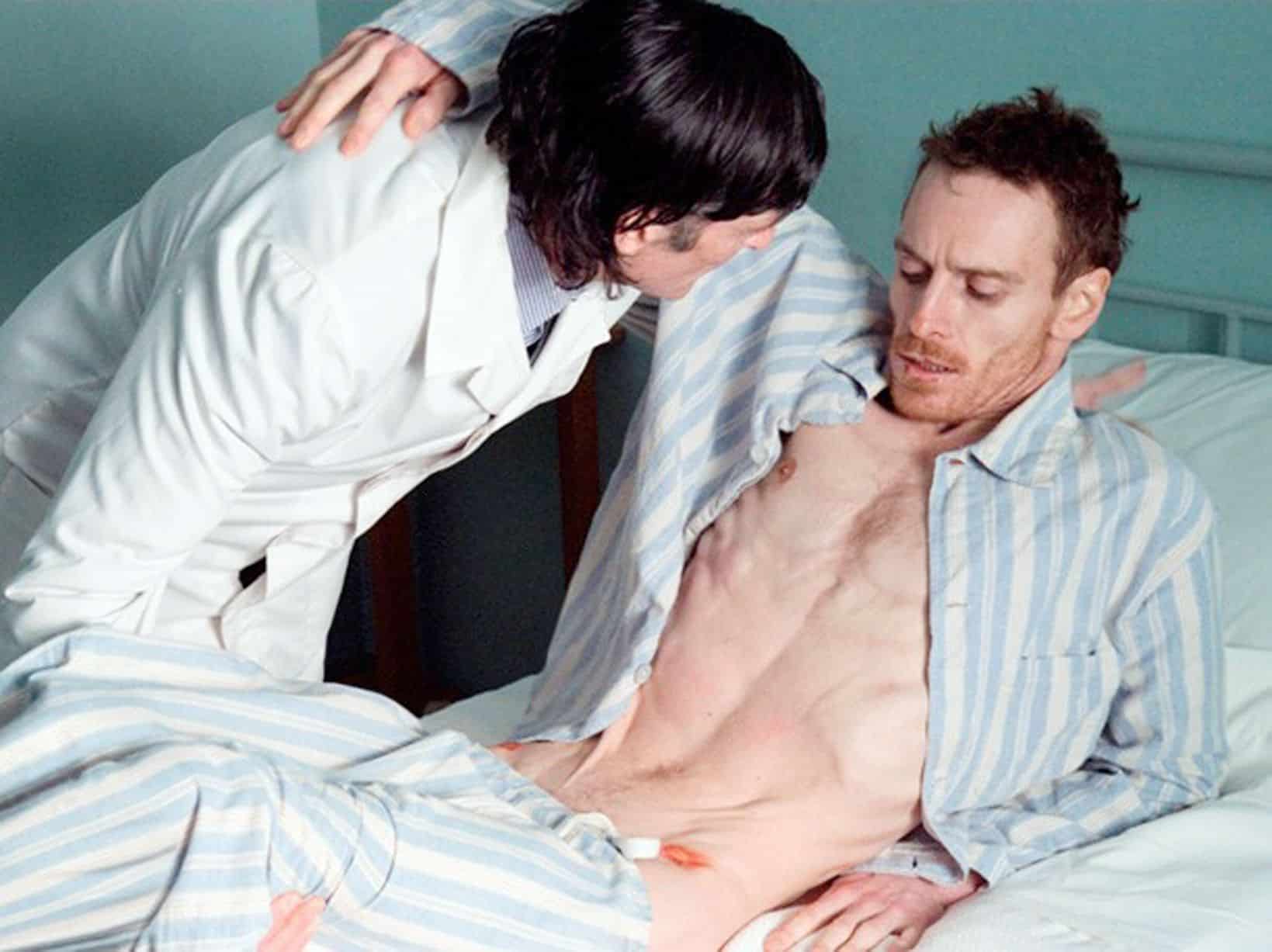
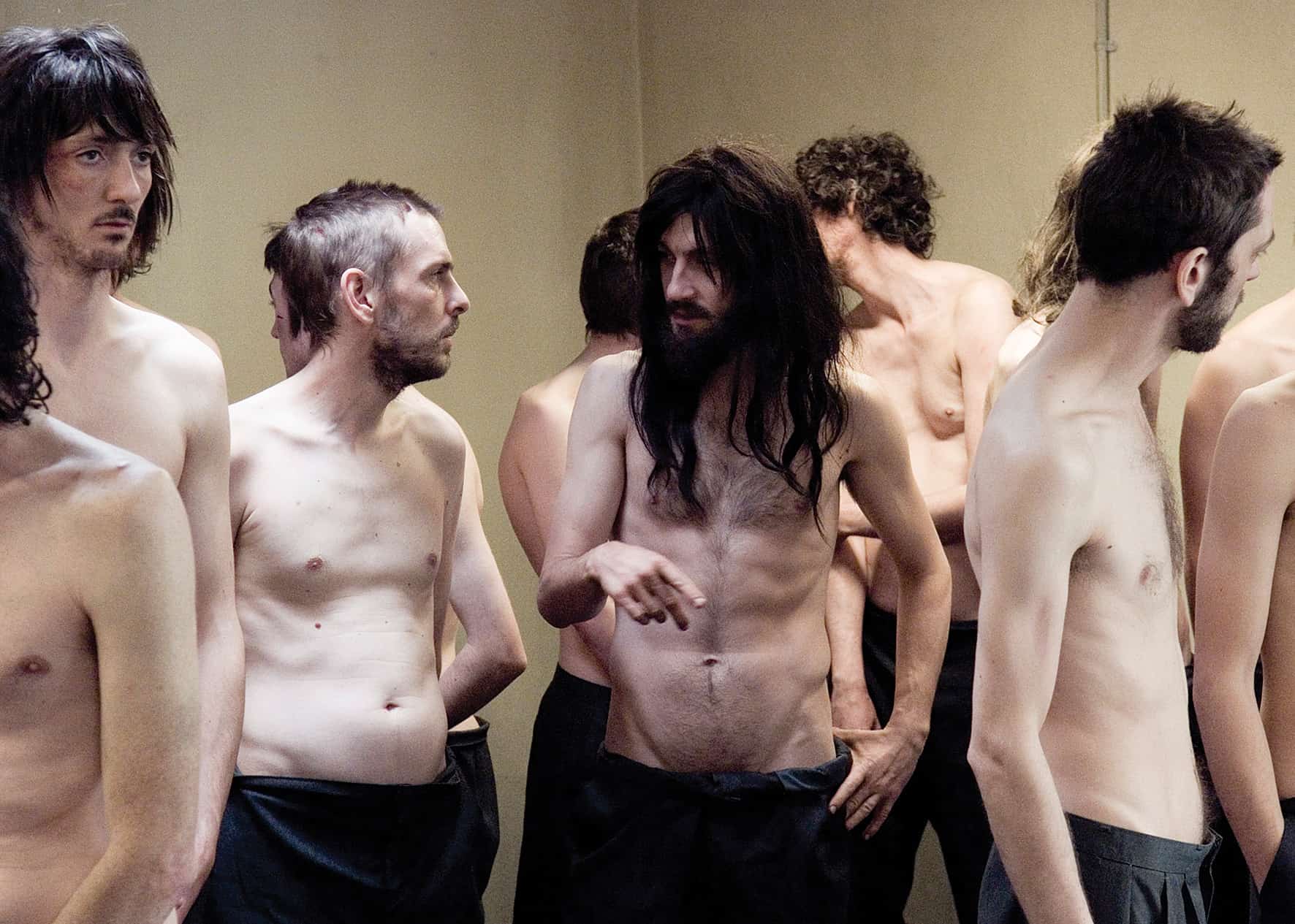

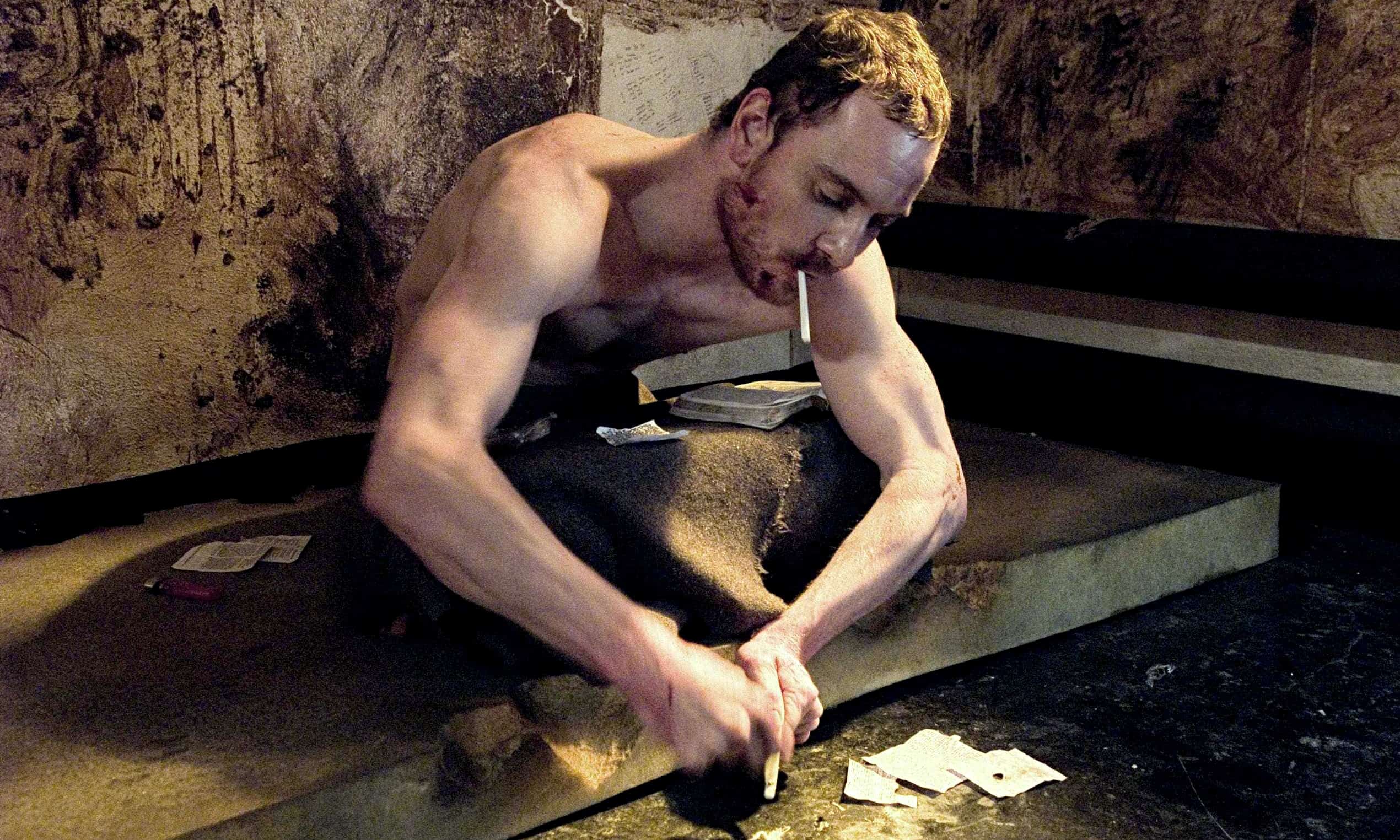

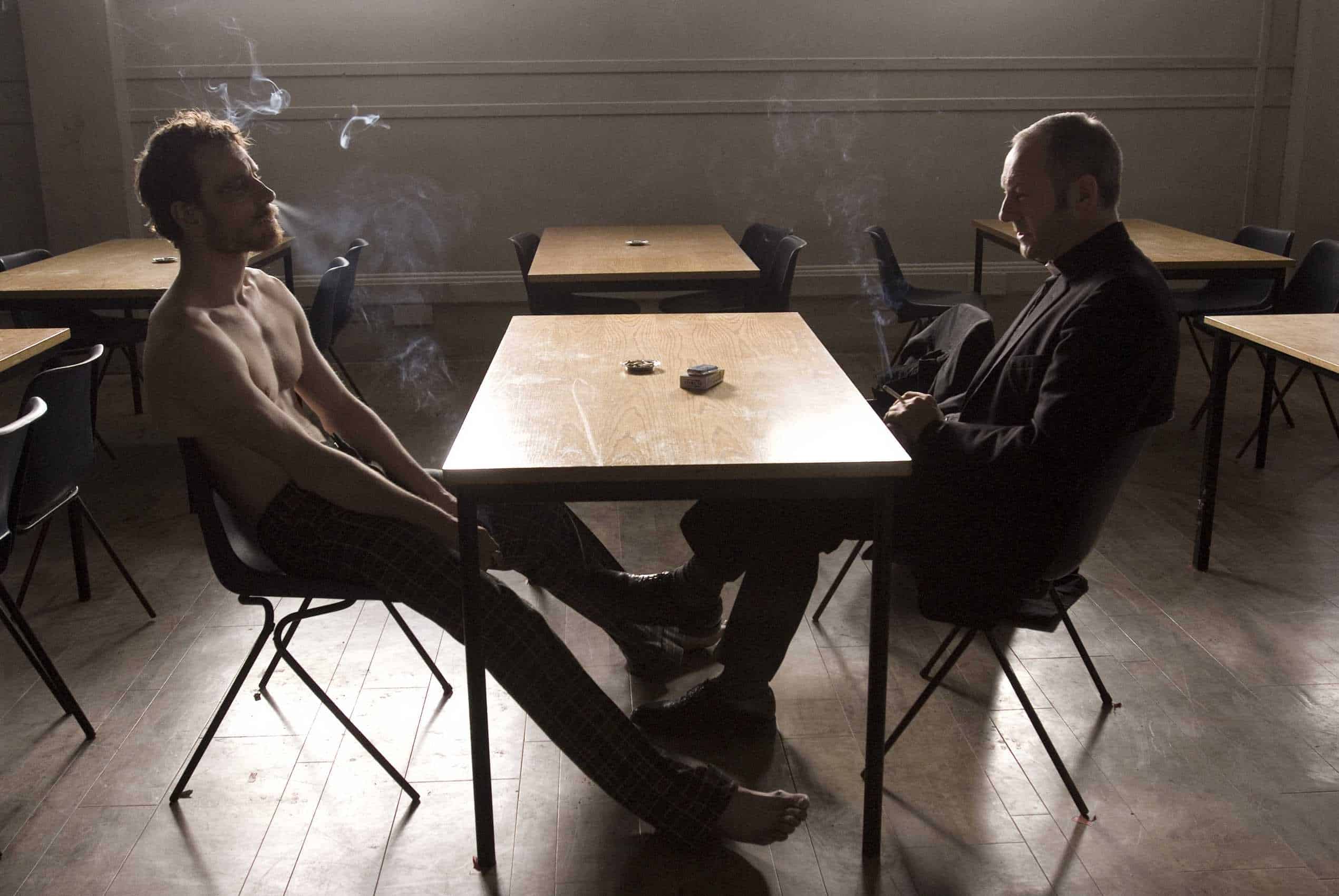
Comments
Loading comments...